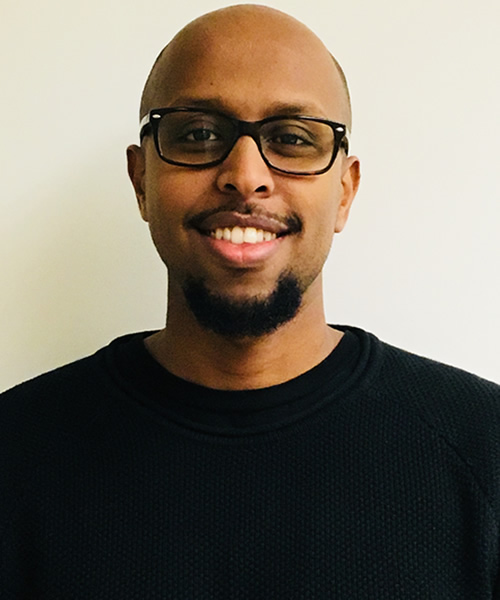
Thomas Crea
March 20, 2019
Education is central to personal development, but it is also a key element supporting integration into a new community. In countries devastated by war, an educated population plays an important role in reconstruction efforts. According to the UN Refugee Agency, four million refugee children do not receive an education, and only 61 percent of refugee children attend primary school, compared to 92 percent of children across the world. The right to an education does not end when a child moves. When children are trying to cope with unstable conditions and an uncertain future, education can provide them with hope and direction. The 2016 New York Declaration proposed an ambitious goal: all refugees should receive education within a few months of arrival. In 2018, its successor—the Global Compact on Refugees—plans to expand initiatives and resources for access to education. The majority of voluntary organizations that resettle refugees are faith-based. The United States Conference of Catholic Bishops has been outspoken about their support of refugees, including the theological basis for providing robust education and social services to refugees. In one example, Catholic NGO Jesuit Refugee Services supports the construction of classroom facilities, in addition to assisting teachers and academic staff, when local governments are unable to meet refugees’ educational needs.
This week the Berkley Forum asks: What are the current greatest educational needs of refugees today? How does receiving an education affect the trajectory of a refugee’s life, and what are the macro-effects of improving educational quality among refugee communities? How can faith-inspired organizations play a role in responding to the educational needs of refugees? What are the biggest challenges that these organizations face?

Thomas Crea
March 20, 2019
Response: Children Displaced Within Their Own Countries Need Education

Elizabeth Ferris
March 11, 2019
Response: Local Faith Actors, Refugee Response, and Educational Initiatives

Olivia Wilkinson
Susanna Trotta
March 11, 2019
Response: Providing Pathways to Higher Education for Encamped Refugees

Mohamed Duale
March 11, 2019
Response: “My Future Lies Here”: Education Is Critical for Refugee Integration

Giulia McPherson
March 11, 2019